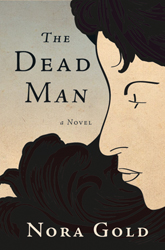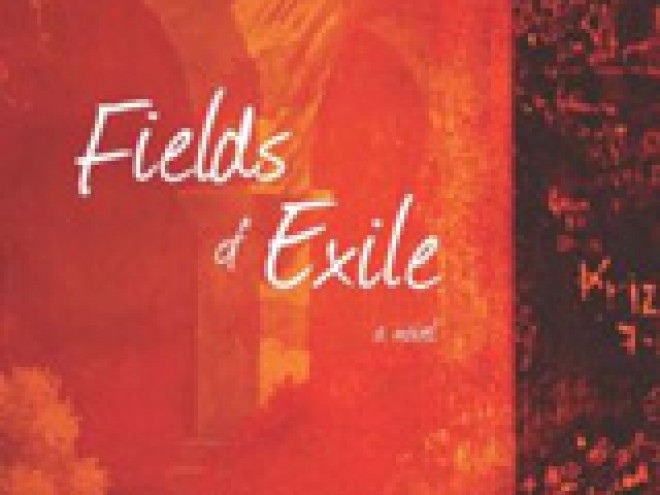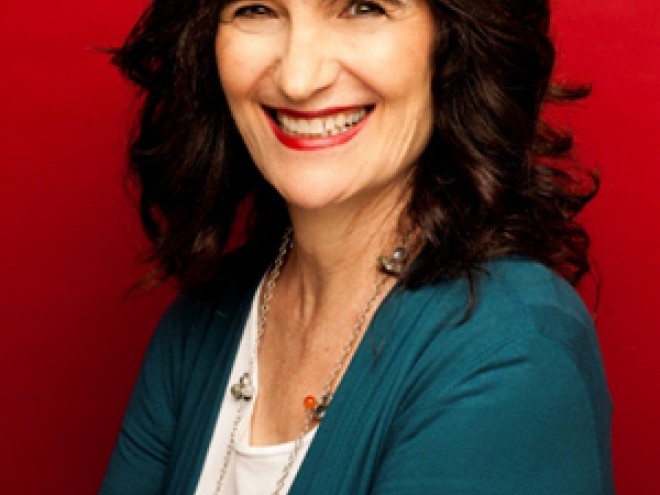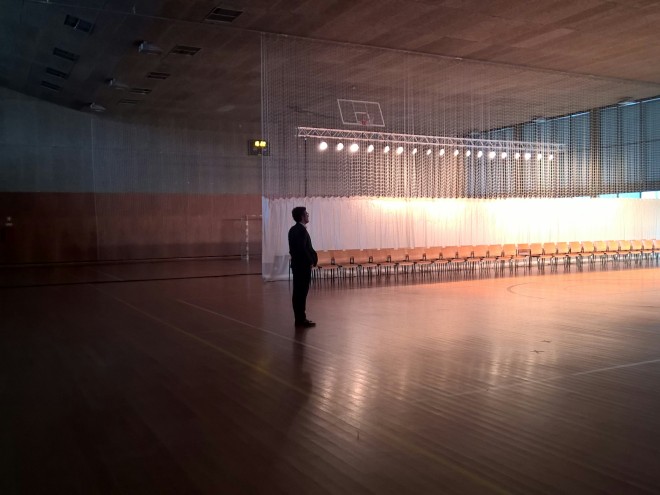Earlier this week, Nora Gold shared her discovery of Jewish music and its influence on her latest novel, The Dead Man. Nora is blogging here all week as part of the Visiting Scribe series on The ProsenPeople.
 Lately I’ve been thinking a lot about the creative process, because my new novel, The Dead Man, is about a composer of Jewish sacred music who is unable to compose. The creative process is a complicated and mysterious thing, not only to my protagonist Eve, but in general. There is a mountain of literature about the creative process, including tens of thousands of interviews with artists (writers, musicians, dancers, and visual artists) about what is enabling for them in their acts of artistic creation. Yet there is much about this process that remains elusive.
Lately I’ve been thinking a lot about the creative process, because my new novel, The Dead Man, is about a composer of Jewish sacred music who is unable to compose. The creative process is a complicated and mysterious thing, not only to my protagonist Eve, but in general. There is a mountain of literature about the creative process, including tens of thousands of interviews with artists (writers, musicians, dancers, and visual artists) about what is enabling for them in their acts of artistic creation. Yet there is much about this process that remains elusive.
What is far less elusive, though, is our understanding of what impedes, damages, or stunts the creative process. An artist’s work is profoundly affected not only by their inner life, but also by the social context in which they live — including the classism, sexism, racism, and heterosexism inherent in this place. So social reality plays a significant role in the creative process.
I encountered this fact forcefully about a decade ago when the publishing industry was already deeply in crisis due to the advent of digital technology, and when consequently it was becoming much harder for authors to find publishers for their work. Several writers of my acquaintance, after years of failed efforts to find a publisher for their work, had become discouraged, depressed, and unproductive. A few of them had even decided to “take a break from writing” and do other things for a while.
Obviously there are internal factors, not just external ones, at play in these decisions. There are intrapsychic variables that influence an artist’s capacity to engage in creative work. But what I heard from these writers really drove home for me how powerfully one’s cultural and artistic environment can affect an individual’s creative process.
I realized back then that, although all writers were being affected by the crisis in the publishing industry, Jewish writers seemed to be taking a particularly hard hit. Much Jewish-themed fiction was (and still is) considered “niche” literature, which means it has a relatively small market and is therefore less desirable to publishers, and a lot of very good Jewish fiction was not finding a publishing home. So in 2010, I started the free online literary journal JewishFiction.net. Now, six years later, we have published 280 first-rate works of fiction that had never previously published in English, with readers in 140 countries. We’ve published some of the most well-known Jewish writers living today, but our primary goal is, and has always been, to create a space for publishing and showcasing new Jewish writing that otherwise might be lost.
For those who care about fostering Jewish creativity, any individual can play a genuinely helpful role in enabling Jewish creativity. Many people, though, don’t seem to know or believe that they can have a real impact on Jewish artists. Perhaps this is because of the widespread and romanticized myths and misconceptions about artists and their creative process as a mystical, otherworldly experience untouched by the real world, a matter of sitting around and waiting for inspiration to strike, like a bolt of lightning. In reality, however, none of this is true.
 When it comes to creating a fertile context for Jewish creativity, even a few small acts on the part of an individual can make a significant difference to local Jewish artists and to the cultural life of a community. Invite a Jewish artist to your home to come speak about her work with a group of your friends. Buy Jewish books and music recordings. Go see Jewish plays, concerts, and dance performances. Visit Jewish art exhibits. And if you like something you’ve read, seen or heard, shout it out as loudly as you can to everyone you know, via phone, email, and social media.
When it comes to creating a fertile context for Jewish creativity, even a few small acts on the part of an individual can make a significant difference to local Jewish artists and to the cultural life of a community. Invite a Jewish artist to your home to come speak about her work with a group of your friends. Buy Jewish books and music recordings. Go see Jewish plays, concerts, and dance performances. Visit Jewish art exhibits. And if you like something you’ve read, seen or heard, shout it out as loudly as you can to everyone you know, via phone, email, and social media.
You really can make a difference to the lives and creative outcomes of today’s Jewish artists. Which means, in essence, that you can help shape the cultural future of our people.
Nora Gold is the author of The Dead Man, Fields of Exile, and Marrow and Other Stories. She is the editor of the online journal JewishFiction.net and the Writer-in-Residence at the Centre for Women’s Studies of OISE/University of Toronto.
Related Content:
- David Ebenbach: What Makes a Creative Process Jewish?
- Dina Weinstein: Gertrude Stein Reissues Focusing on the Artistic Process
- Joanna Smith Rakoff: A Flower of Ashkenazi Frizz
Dr. Nora Gold is the prize-winning author of five books and the founder and editor of the prestigious literary journal Jewish Fiction.net. Her books have won both The Canadian Jewish Literary Award and The Vine Canadian Jewish Book Award, and her writing has been praised by Alice Munro, Cynthia Ozick, and Dara Horn.




